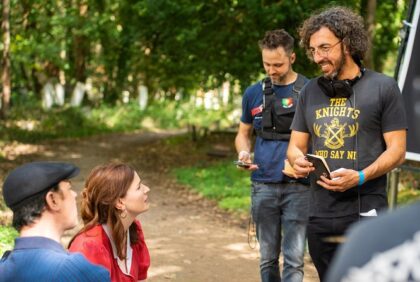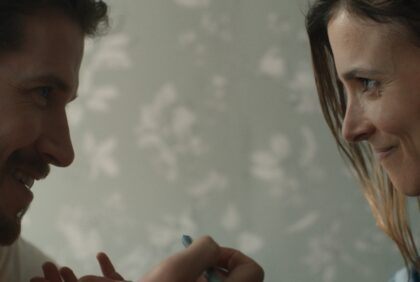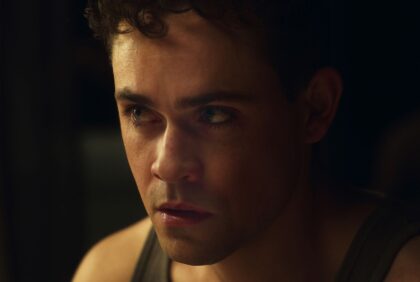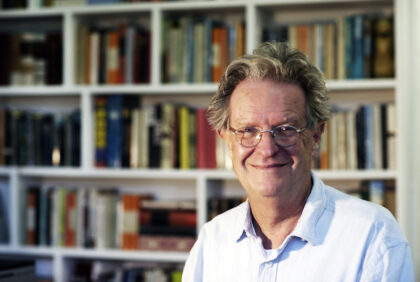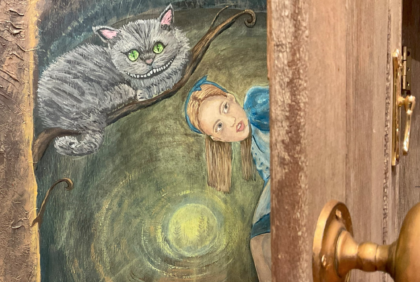Film Review: “Colette” by Lisa Harper Campbell
Posted on: Sat 19 Jan 2019
France. The turn of the 20th century. This period, known as ‘La Belle Epoque’, is a time of peace, prosperity and pioneers.
One pioneering icon of French literature is Colette. A prolific writer and still widely read, Colette, born Sidonie-Gabrielle Colette, is played with aplomb by Keira Knightley in the 2018 film of the same name.
Colette is a beautiful film. The costumes are great as are the picturesque Parisian and French countryside settings.
The film traces Colette’s life from a young, curious girl to wife, to writer, to independent woman. Quite young, she marries an older man, Willy (Dominic West), a somewhat successful literary entrepreneur and is whisked away to a life of glamour in Paris, a life she is not so comfortable in herself.
This discomfort is explored via Colette’s sexuality and creativity, having affairs with women and writing Willy’s most successful work without being given any credit for doing so. Willy’s initial criticism of Colette’s writing reveals the broader underlying sexism of the literary world, ‘women write in a particular way, a way that will never sell.’ A statement of course later debunked by the success of Colette’s Claudine à l’école. Colette would make an interesting double feature with Björn Runge’s 2017 film The Wife, which, I would argue, is a much more engaging exploration into this kind of marital creative conflict.
The question of authenticity tends to come to the fore when a British film, complete with a British cast with very British accents speaking English, is engaging with such culturally-specific content as a French literary icon. There’s not much that can be done about this without changing the project entirely to a French-speaking production with French or Francophone actors, etc. An interesting method adopted in 2005’s Valkyrie (set in WWII Germany) was to open the film with a montage of voice-overs in German that slowly faded into English, placing the audience into a kind of translated German context. One method adopted here in Wash Westmoreland’s Colette was to ensure that any writing seen in the film was indeed in the French language. A nice touch I thought. Cursory perhaps but an effort nonetheless.
Keira Knightley is a polarising actor but Atonement is still one of my favourite films and she’s very good in this, tapping into a certain rage and strength not seen in this amount of detail and nuance in her previous work.
The film as a whole however felt drawn out. Some peripheral storylines were glossed over, leaving me to wonder whether there were editing issues and pressures to include certain characters or events in Colette’s life even at the expense of strengthening the film’s particular narrative. The structure of the film, plotting the various confrontations between Colette and Willy, left you wondering why they were still together and indeed, why they were ever together given the minimal depiction of their initial courtship.
A perfectly adequate film, this polished but predictable period piece has some interesting elements, including the quite open and honest depiction of Colette’s evolving sexuality and creative spirit, but is unfortunately, largely forgettable. Comme ci comme ça.






